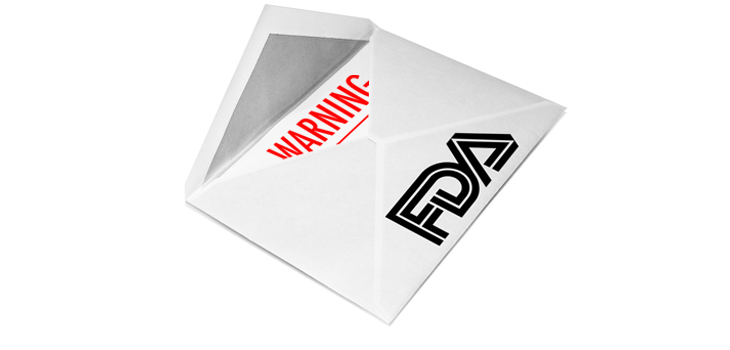The latest top stories for the sports nutrition, dietary supplement, and cosmetics industries:
Last month, the Department of Justice (“DoJ”) filed a consent decree of permanent injunction against VivaCeuticals Inc., doing business as Regeneca Worldwide, and its CEO to prevent alleged violations of the Federal Food, Drug, and Cosmetic Act (“FDCA”). The defendants allegedly manufactured products in violation of FDA’s current good manufacturing practice (“CGMP”) regulations. The defendants settled the case with DoJ, agreeing to cease all manufacturing operations. They cannot resume producing dietary supplements until FDA determines their manufacturing operations meet all applicable legal requirements.
The government also alleges the defendants violated the FDCA by manufacturing and selling a product containing 1, 3 dimethylamylamine (“DMAA”), an “unsafe food additive.” The defendants purportedly did not declare the presence of DMAA in their product. DMAA remains a hot-button issue, and we will continue to monitor whether FDA and/or DoJ pursue companies for DMAA distribution.
FDA Issues Warning Letters over Alleged CGMP Lapses
FDA also cited CGMP issues in five of its most recent dietary supplement warning letters. Four of the five warned companies had responded to FDA, but FDA found the responses to be inadequate. The observations range from the most basic-“you have not established identity, purity, strength, and composition specifications for each of the components you use to manufacture your finished dietary supplement products”-to the more specific-“When packaging bee pollen into 120 count bottles on 03/30/16, you did not wash and sanitize the counting trays used to pour the capsules into the pill counting machine and subsequently into the empty bottle [21 CFR 111.415(a)].” The warnings vary, but alleged CGMP violations are the common thread.
FDA also cited several of these companies for allegedly marketing the products for conditions that cause them to be drugs. For example, FDA alleges one company claimed its product manages obesity and improves LDL cholesterol. Other observations concerned misbranding violations, including failing to place a statement of identity (“Dietary Supplement”) on the product label.
CGMP compliance remains a top priority for FDA. And as DoJ’s action against VivaCeuticals Inc. (and its CEO) shows, FDA/DoJ do not always stop at warnings.
http://www.fda.gov/ICECI/EnforcementActions/WarningLetters/2017/ucm538267.htm
http://www.fda.gov/ICECI/EnforcementActions/WarningLetters/2016/ucm538300.htm
http://www.fda.gov/ICECI/EnforcementActions/WarningLetters/2017/ucm538617.htm
http://www.fda.gov/ICECI/EnforcementActions/WarningLetters/2017/ucm538642.htm
http://www.fda.gov/ICECI/EnforcementActions/WarningLetters/2017/ucm539265.htm
In today’s regulatory climate, where FDA, FTC, state attorneys general, industry self-regulatory organizations, class action lawyers, and even individual U.S. Senators are leading a patchwork of crusades against dietary supplement and cosmetics companies, it is vital to keep up to date with the latest enforcement efforts and trends. We regularly send out emails summarizing the latest enforcement actions (opt in; we never share our subscription list, and you can opt out at any time at the bottom of each email). Please share them! Learning from others’ mistakes is cheaper than learning firsthand what kinds of practices and violations lead to enforcement.
If you have a dietary supplement or cosmetics company and have any questions about your responsibilities under the law, including label claims, labeling requirements, advertising review, CGMPs, or anything else, give us a call anytime at 516-294-0300.

